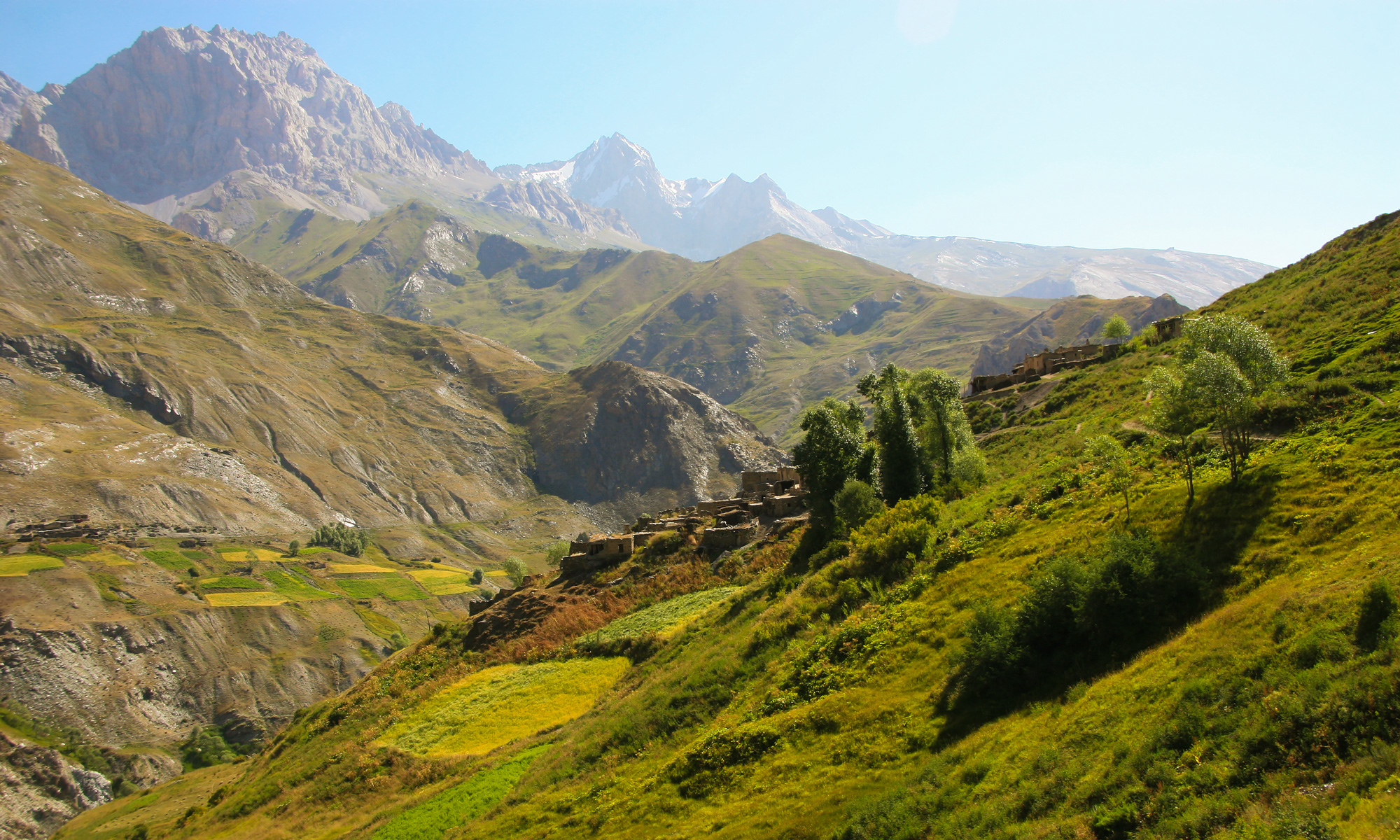“To be Yaghnobi, for me, means to have rights and obligations. We who returned have duties — not only to our families, but to our culture, our land, and each other.” — Shahob, unemployed, 30s
Shahob was born far from the steep trails and glacial air of the Yaghnob Valley. His parents were resettled in Zafarobod during the Soviet-era deportations, and he grew up hearing two different stories about where he belonged.
“My parents said the lowlands gave us food. But they never called it home.”
Now back in the Valley — unemployed, but unwilling to leave — Shahob reflects on what he calls a “decision of the soul.”
“I could leave. I could try to find work in Dushanbe. But I’d lose something. I don’t know what exactly — just something that keeps me upright.”
In nearby Bedef, Sohibnazar, another young returnee, expresses a similar view:
“I cannot be myself if I don’t know my mother tongue, my traditions, my history. You can’t live your full self if you’re cut off from your roots.”
He says Yaghnobi is not just a language — it’s a worldview. A way of relating to land, to elders, to silence.
“In the lowlands, people speak louder. In Yaghnob, people listen more.”
Shahob and Sohibnazar are not romanticizing hardship. They live with power cuts, winter isolation, no guaranteed jobs. But their choice is deliberate:
“Here, we may not have money,” says Shahob, “but we have meaning.”
This post-Soviet generation doesn’t return out of obligation. They choose Yaghnob — knowing what it lacks, and believing in what it can still become.
“Maybe our future is not in factories or offices,” says Sohibnazar. “Maybe it’s in preserving something — and building from that.”
Their stories ask a question many communities must now answer:
What’s the point of surviving, if you have to give up your identity?
